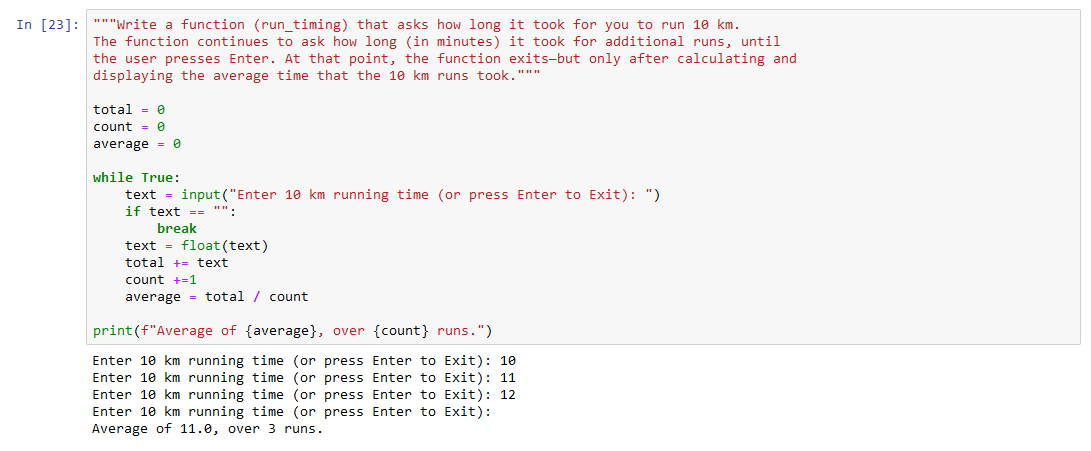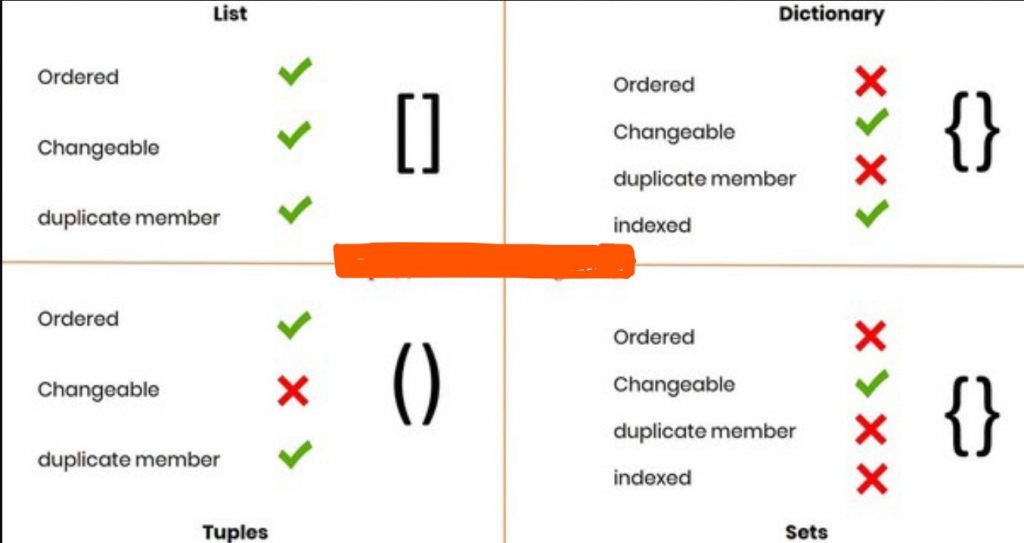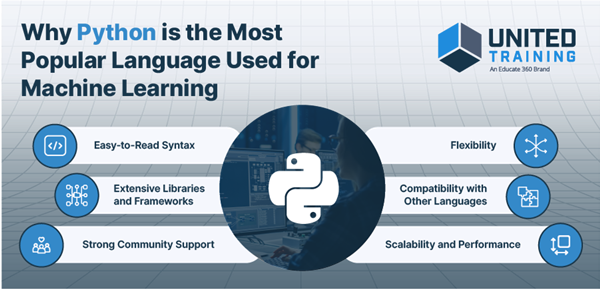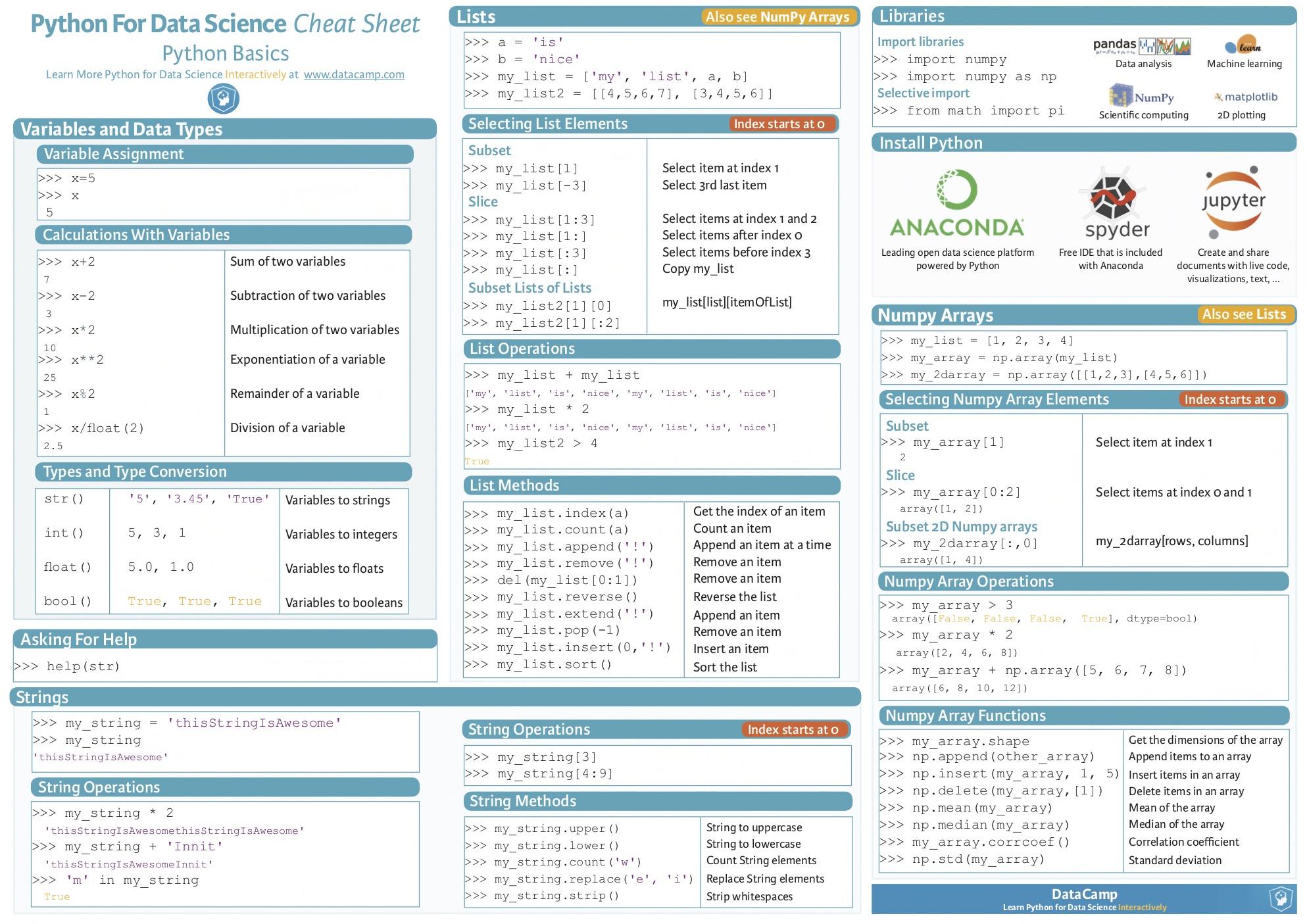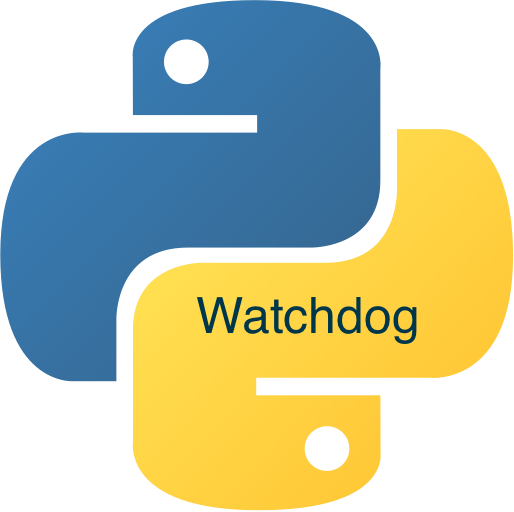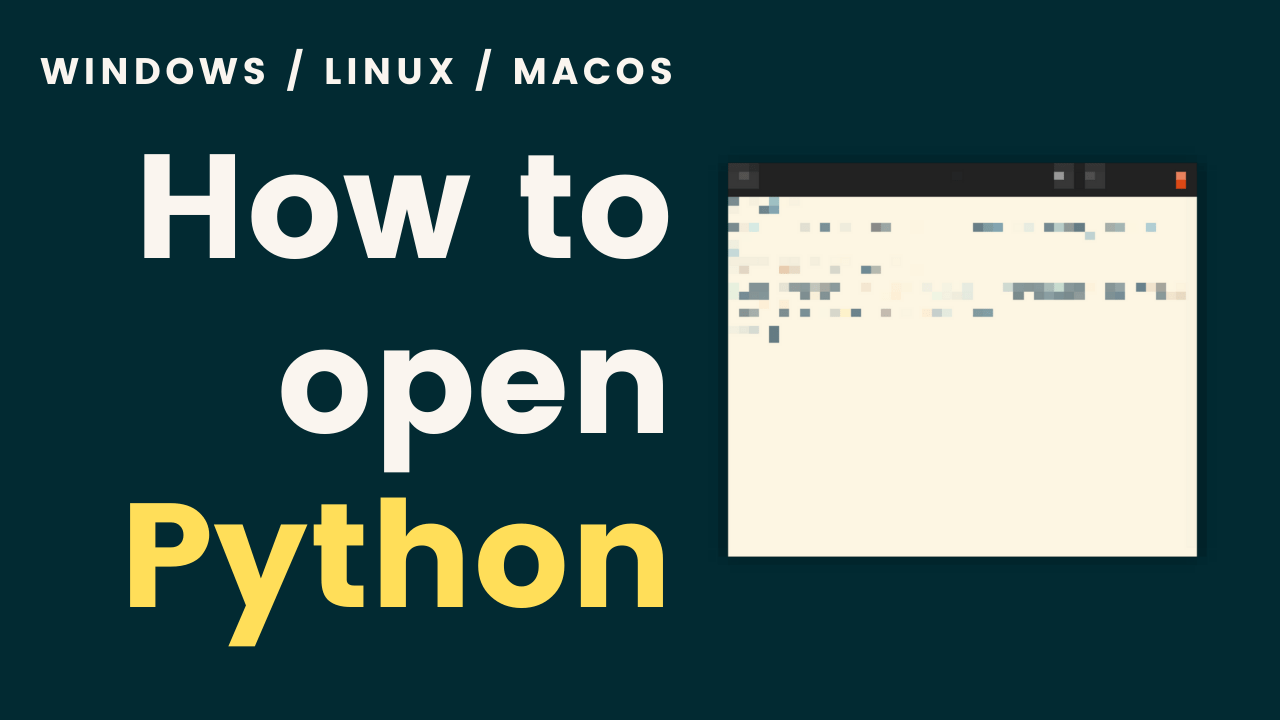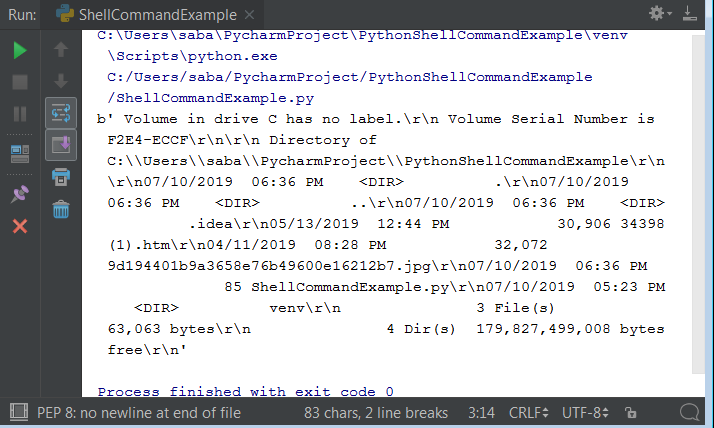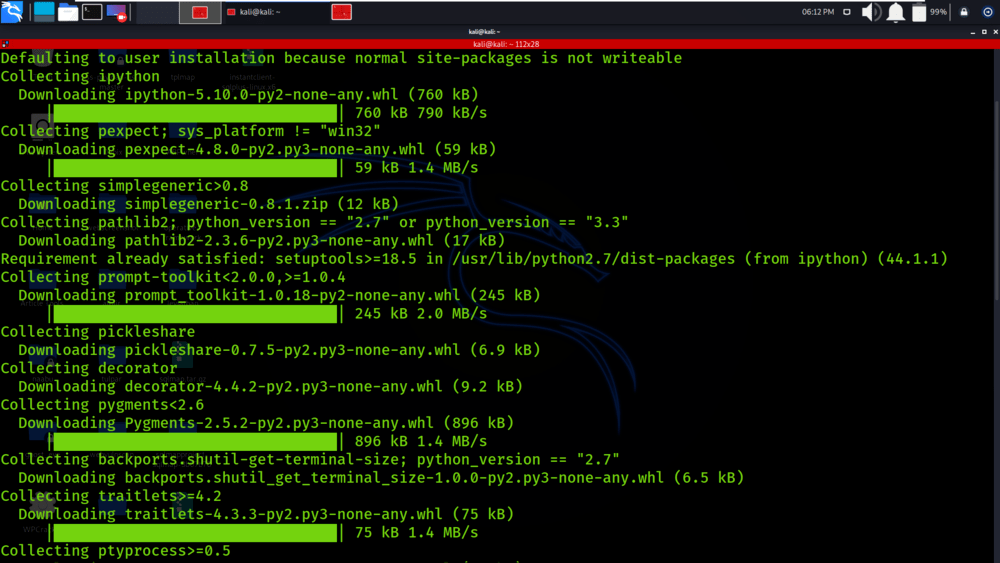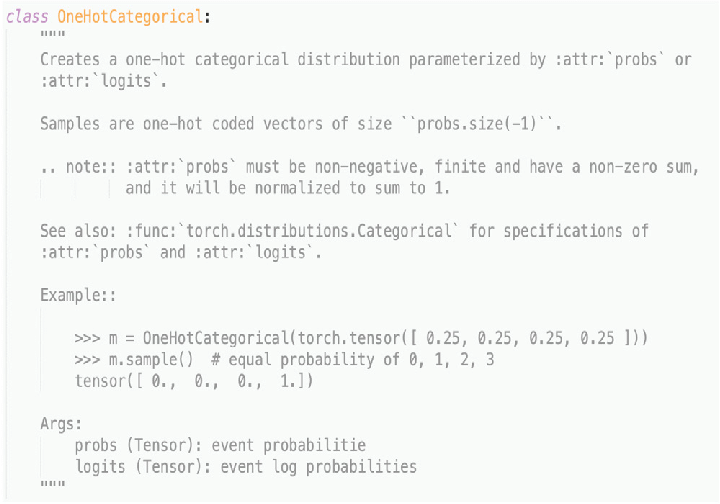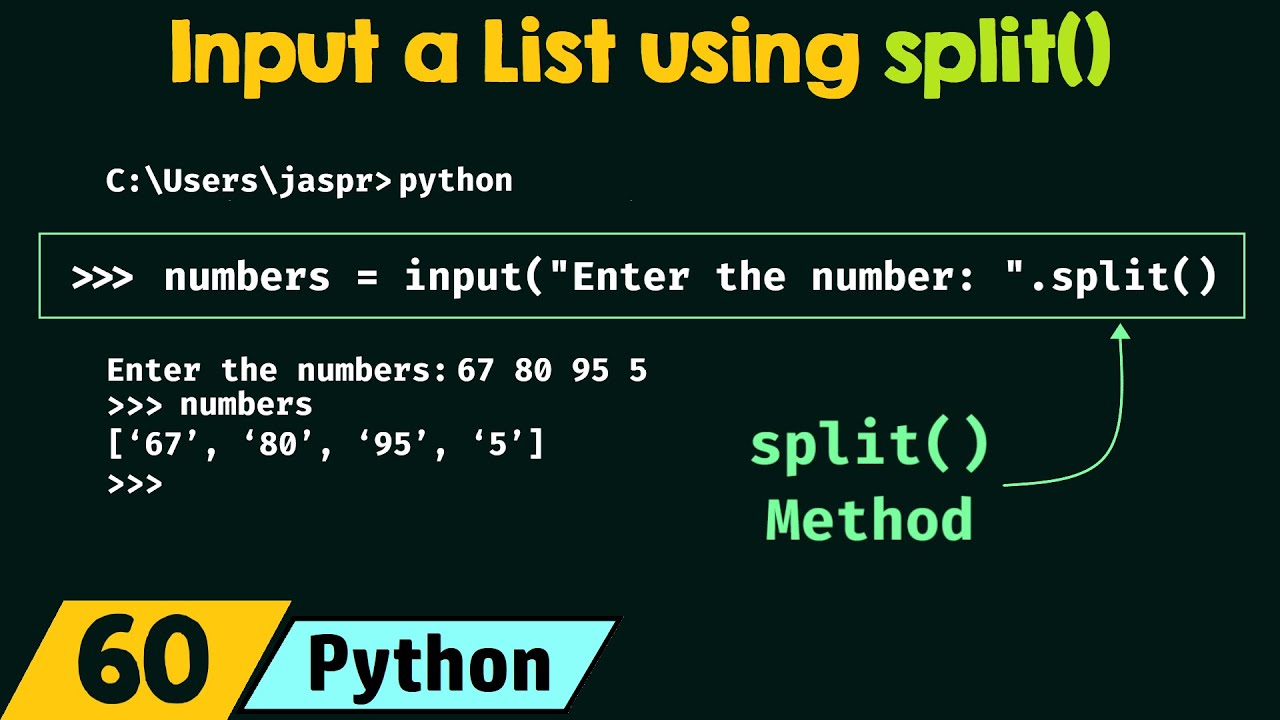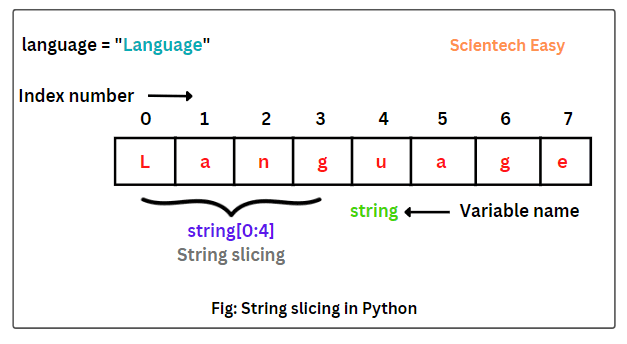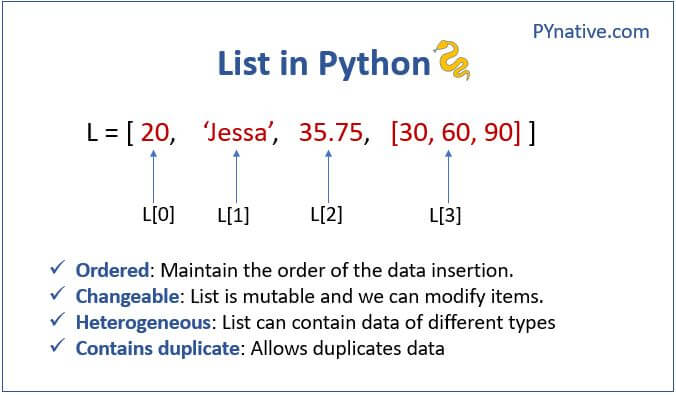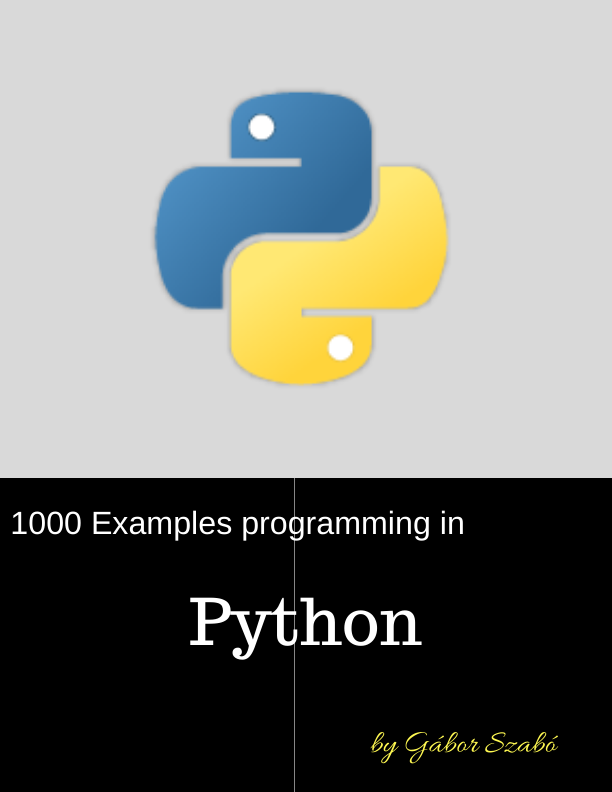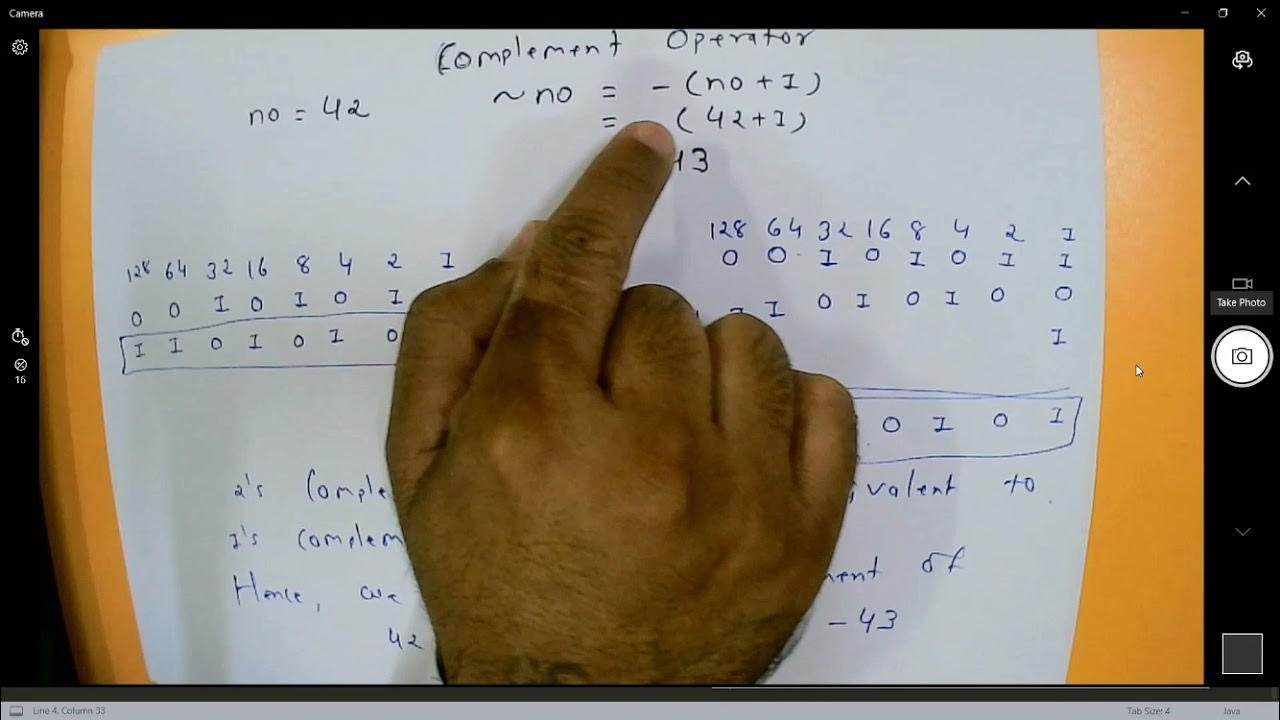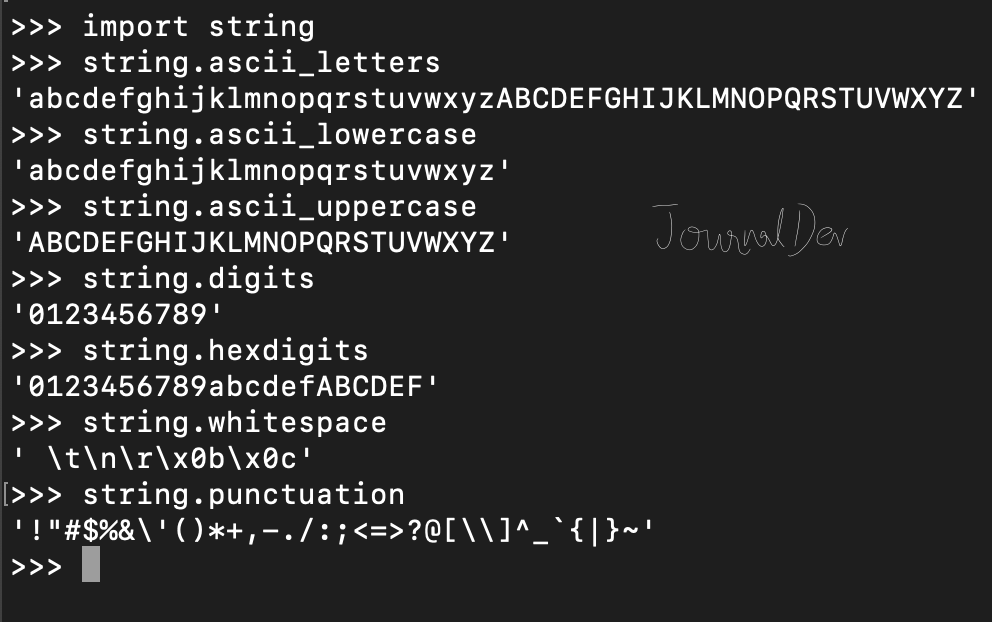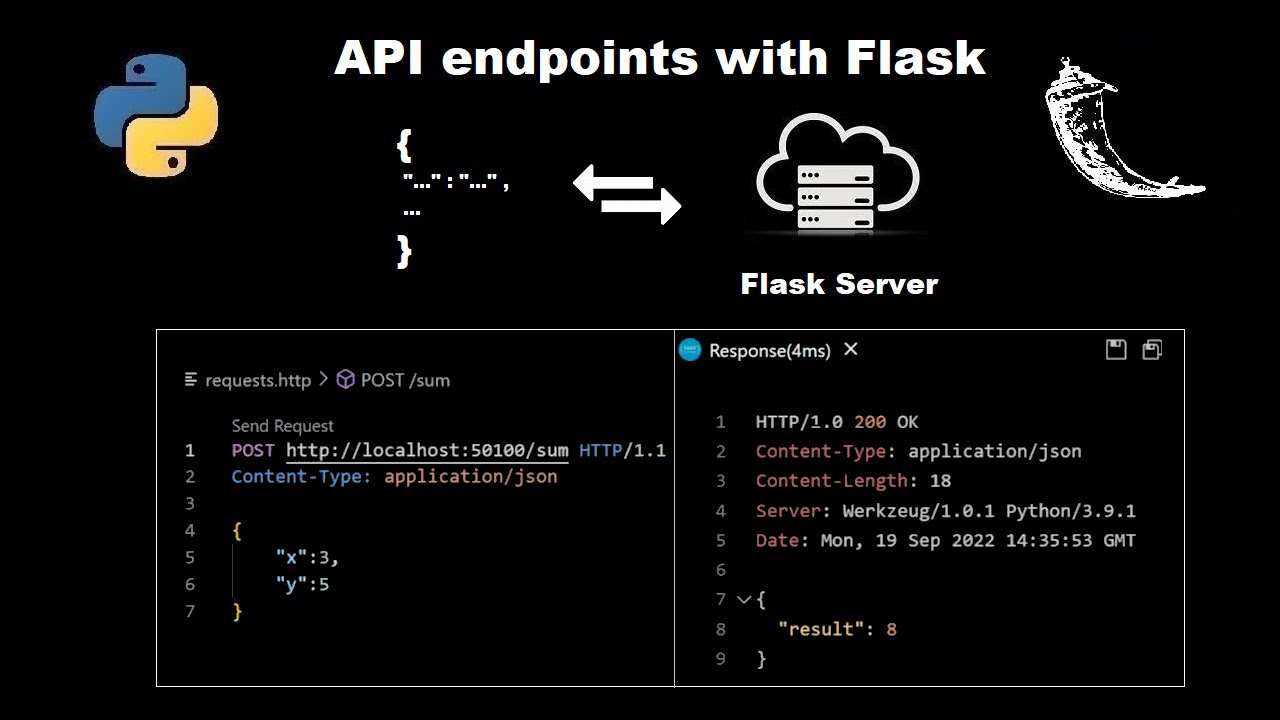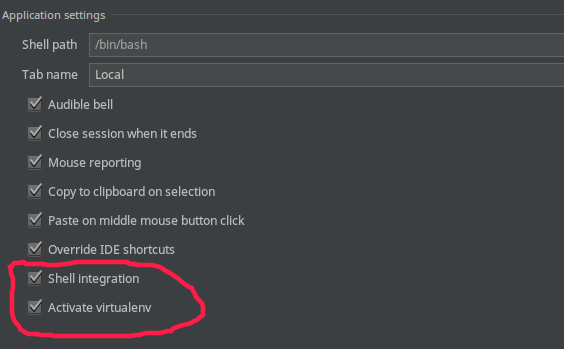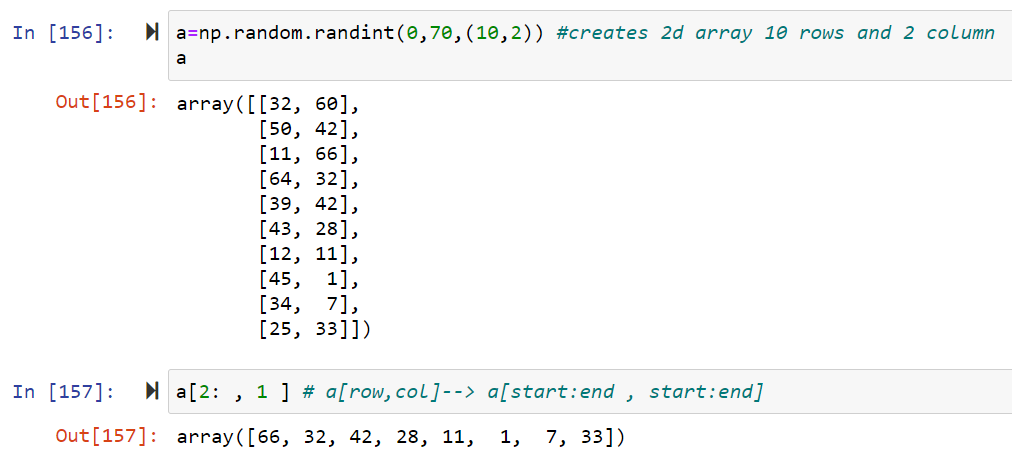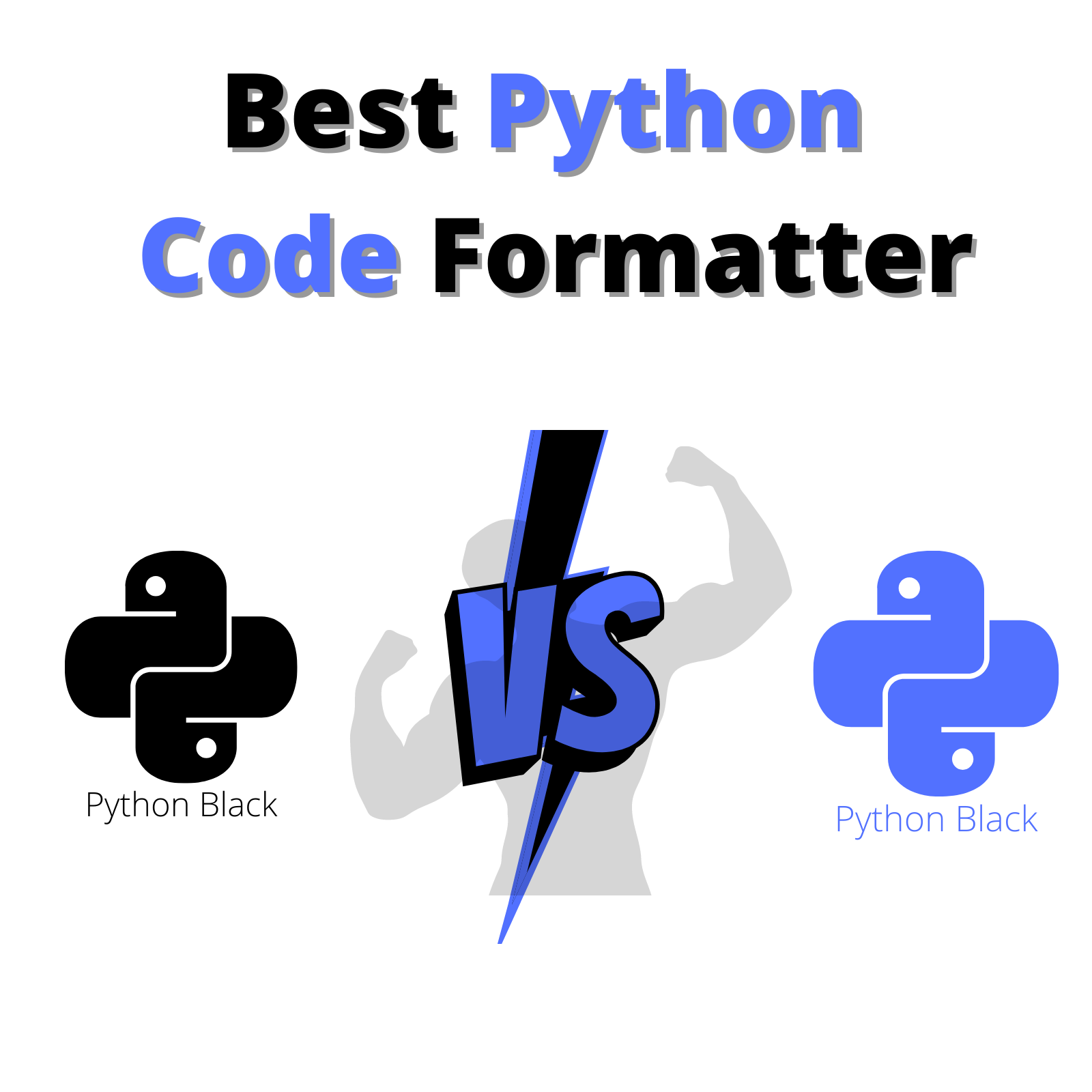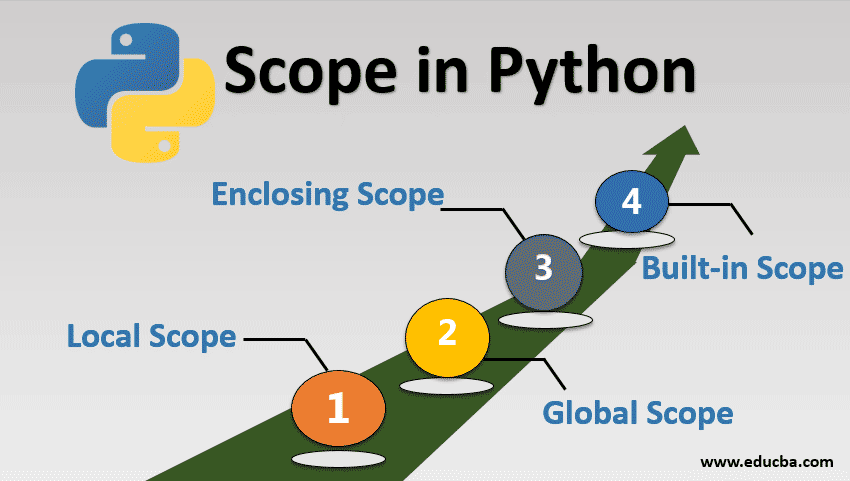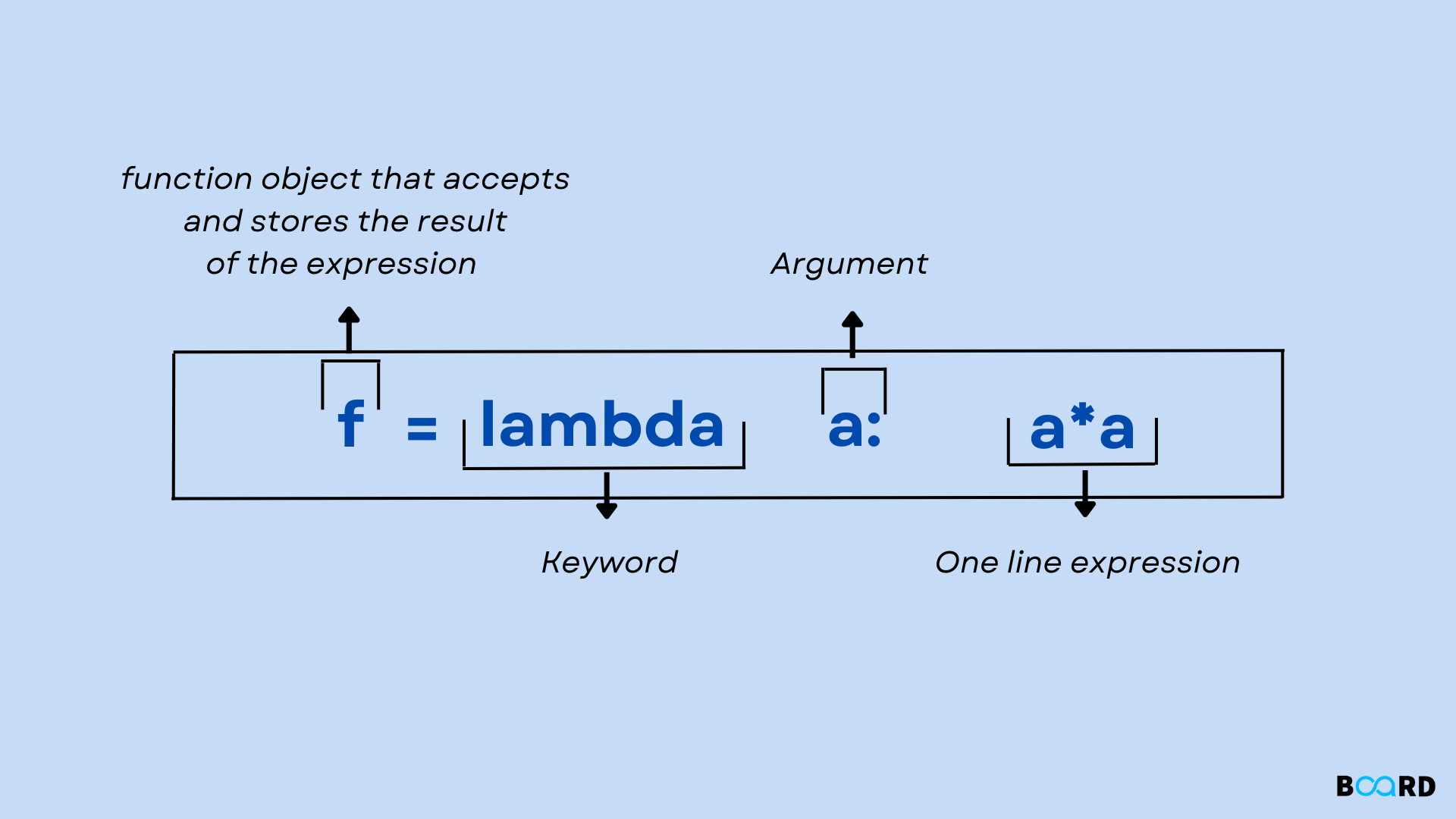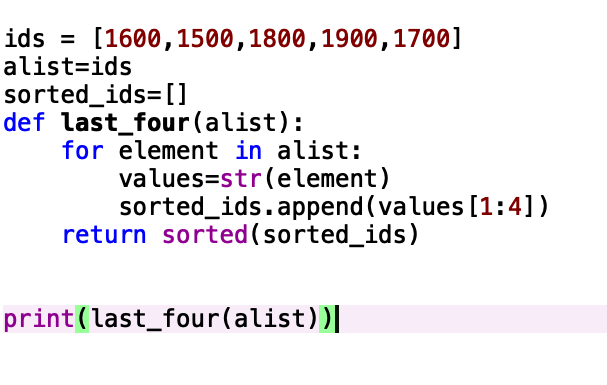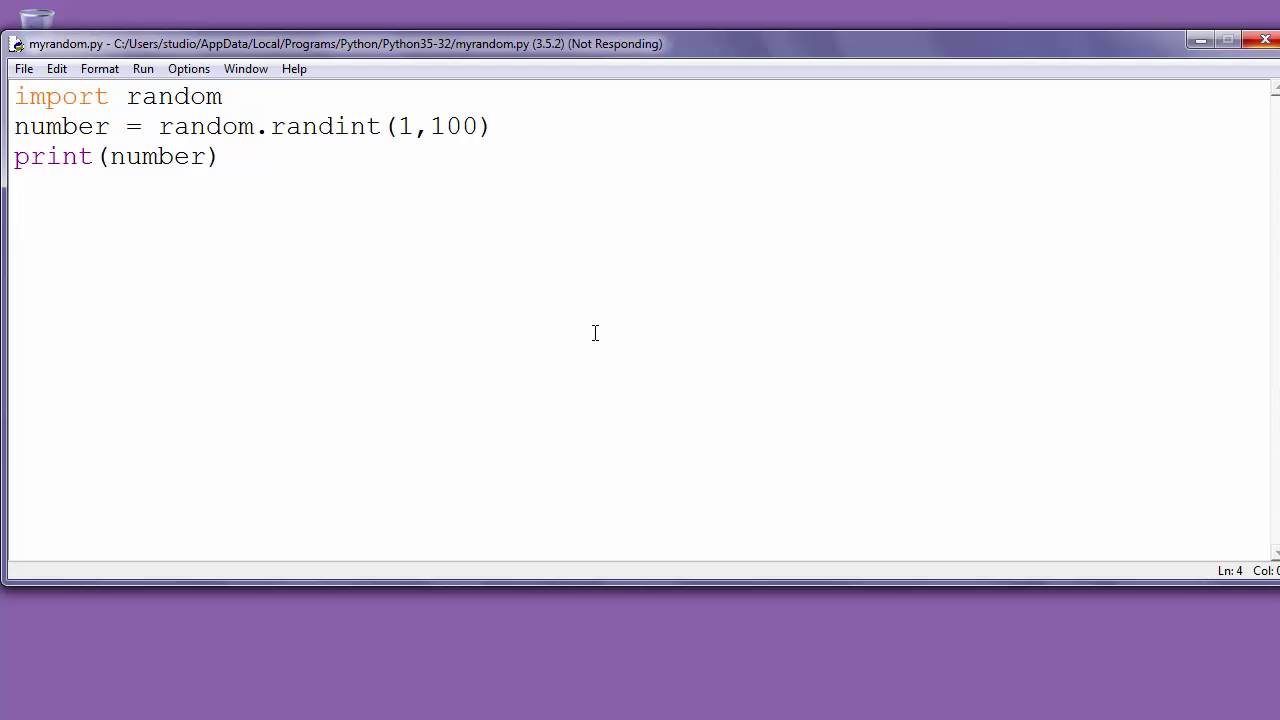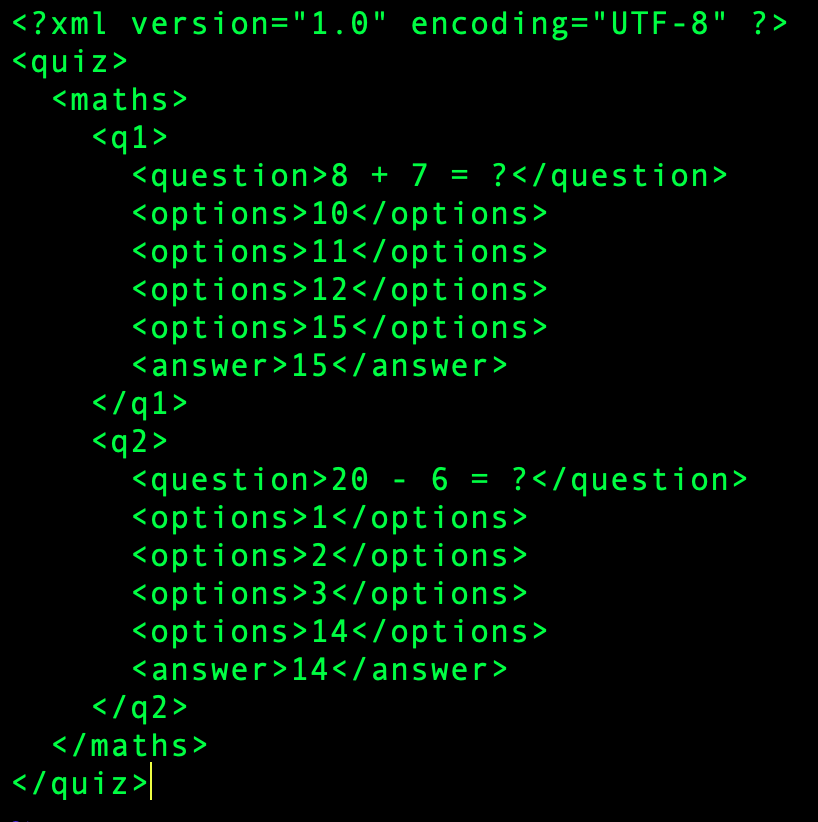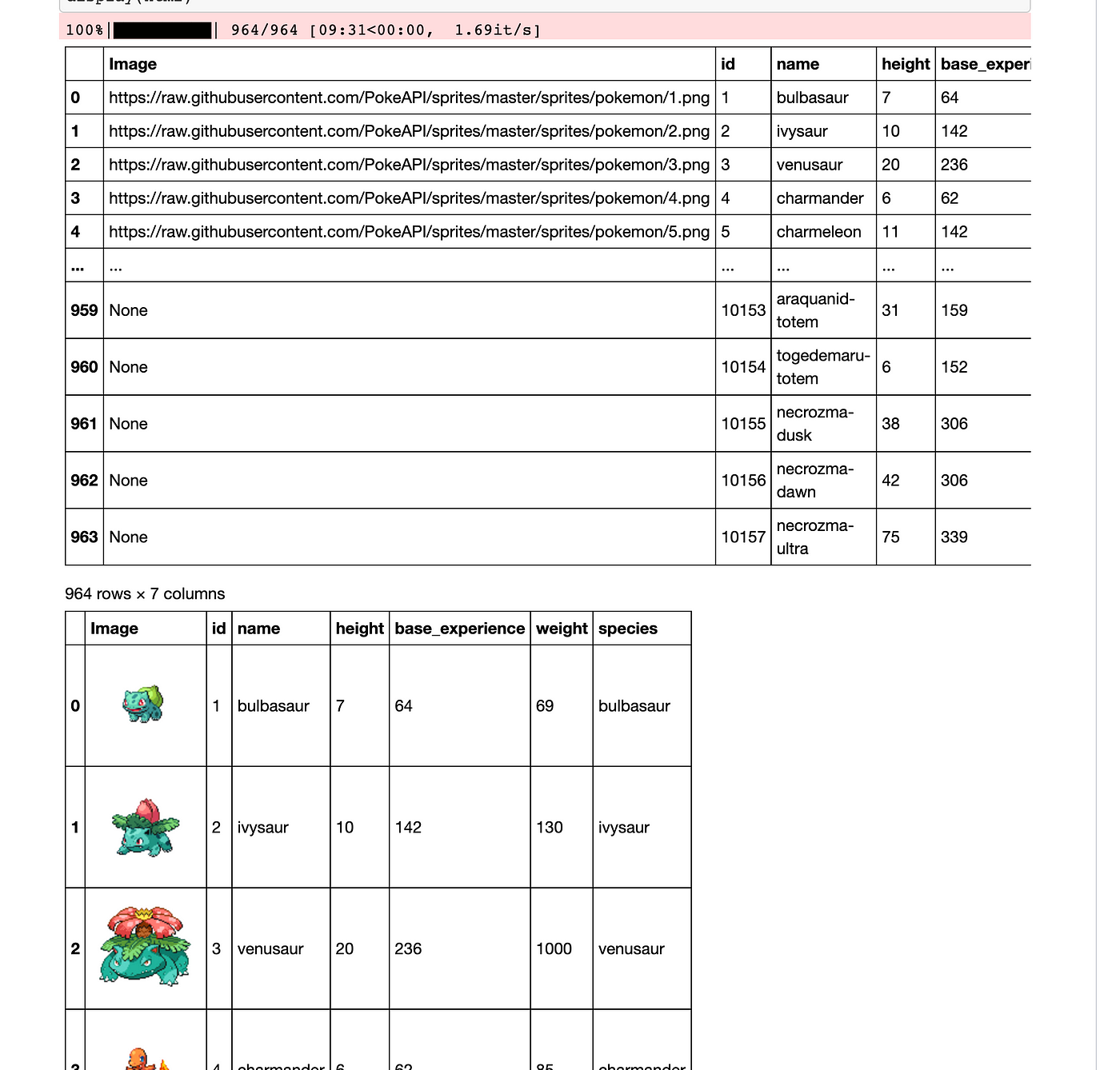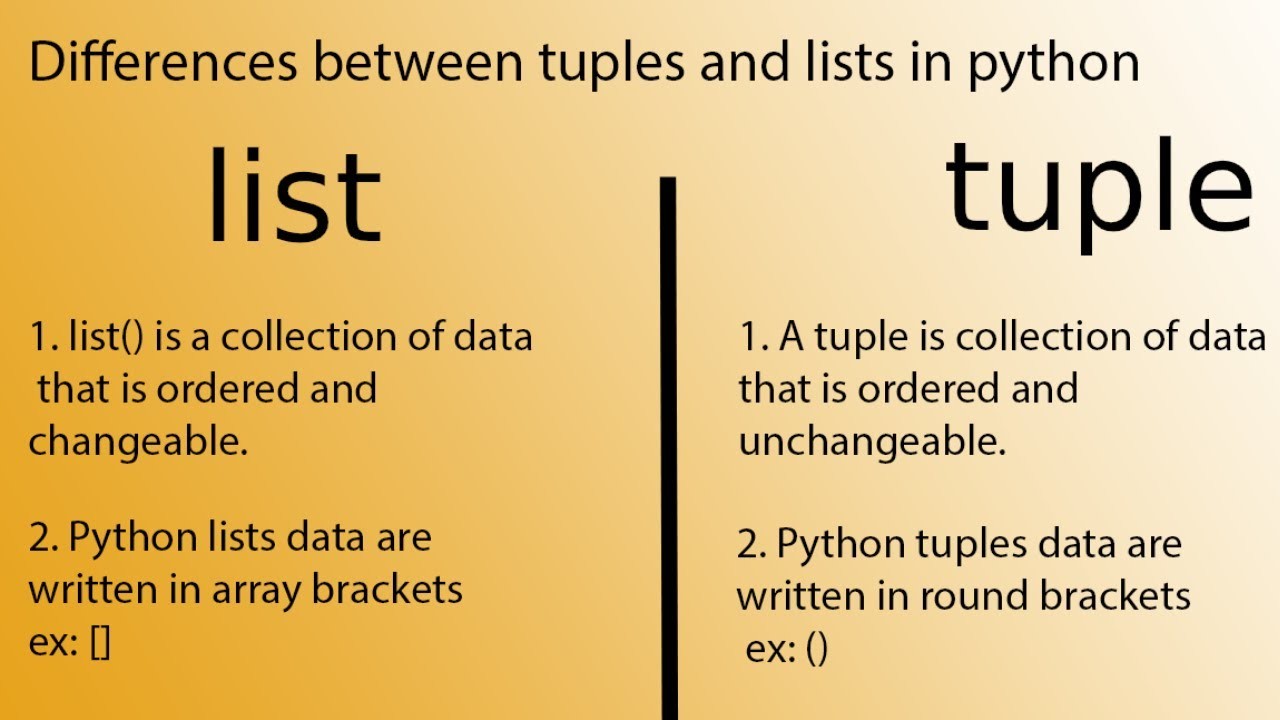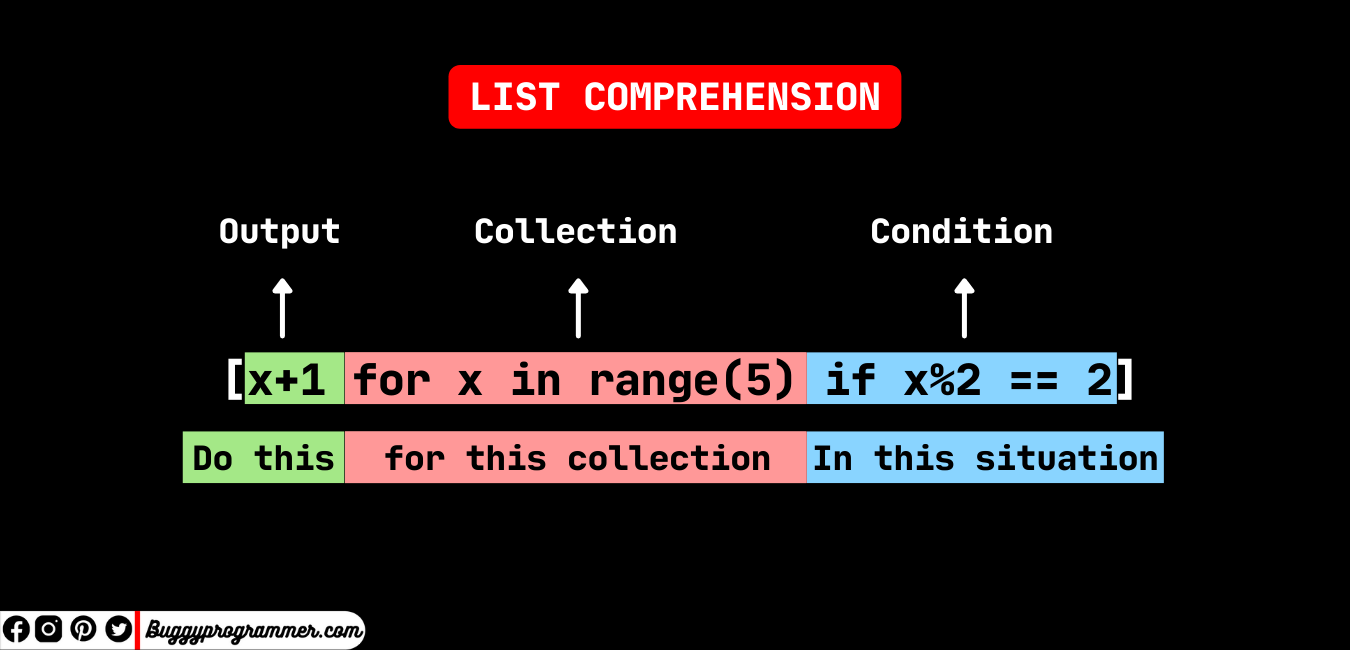Can I master Python in 10 days?
Can I master Python in 10 days?
The ambitious question! Mastering a programming language like Python in just 10 days is quite challenging, if not impossible, for several reasons.
Firstly, learning any programming language requires dedication, persistence, and consistent effort. You can't expect to become proficient in just a few days. Programming involves understanding concepts, syntax, data structures, algorithms, and more. It takes time to grasp these fundamental ideas and develop problem-solving skills.
Secondly, Python is an incredibly powerful and versatile language with numerous libraries and frameworks that allow for diverse applications (web development, data analysis, machine learning, automation, etc.). To truly master it, you'll need to explore its various facets and nuances, which takes time and practice.
Thirdly, even if you were able to cram a significant amount of information into your brain in just 10 days, you'd be sacrificing quality over quantity. Rushing through the learning process can lead to superficial understanding and poor retention. The best way to learn is to absorb concepts gradually, reinforcing them with real-world applications, exercises, and projects.
Lastly, the concept of "mastery" implies a high level of proficiency, which is difficult to achieve in such a short period. In 10 days, you might be able to get started with Python, but you won't have the depth of understanding required to tackle complex problems or create robust software solutions.
That being said, you can still make significant progress in just 10 days! Here's what I recommend:
Set aside dedicated time each day (at least 2-3 hours) to focus on learning Python. Start with the basics: understand the syntax, data types, variables, control structures, and functions. Focus on building small projects, such as command-line tools or simple games, to apply your new skills. Experiment with popular libraries and frameworks like NumPy, Pandas, Flask, or Django to get a feel for their strengths. Join online communities (Reddit's r/learnpython, Stack Overflow, etc.) and ask questions when you're stuck.While 10 days might be too short to achieve true mastery of Python, it's still an excellent starting point to gain a solid foundation in the language. Who knows? You might even surprise yourself with how much you can learn!
Remember, learning programming is a marathon, not a sprint. Enjoy the journey, and don't hesitate to ask for help along the way!
Python interview questions
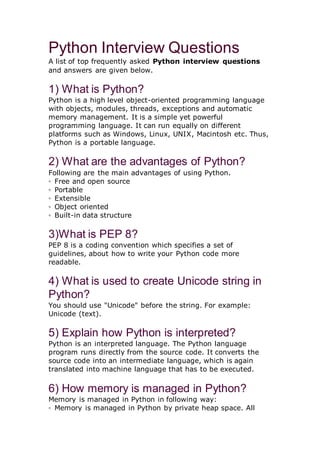
Here are some Python interview questions with answers:
1. What is the difference between pass and continue statements?
Pass statement in Python does not do anything and just passes the control to the next iteration of a loop or the next line in a function, whereas continue statement skips the current iteration of the loop and moves on to the next one.
2. What are lambda functions?
Lambda functions in Python are small anonymous functions that can be defined inline within a program. They are often used when you need a short, simple function, but don't want to declare a separate named function.
3. Can you explain the difference between map(), filter() and reduce()?
Map() applies a function to every item in an iterable (like list, tuple), returning a list with the results. Filter() creates a new list from those elements of an iterable for which a function returns true. Reduce() reduces a list to a single output value by repeatedly applying a binary function.
4. How do you sort a dictionary by keys?
You can sort a dictionary by keys using Python's built-in sorted() function, which returns a new sorted list from the elements of an iterable or dictionary's key values.
5. What is the difference between x in list and x not in list?
The former checks if x exists in the list, and the latter checks if x does NOT exist in the list. Both are useful for different situations.
6. How do you iterate over a dictionary?
You can use the items() method to return a view object that displays a list of a given dictionary's key-value tuple pairs. You can also use the keys() or values() method to get either the keys or the values separately.
7. What is the purpose of Python's __name__ variable?
The __name__ variable in Python returns the name of the current module, which is usually used to check whether a script is being run directly or if it's being imported as a module by another script.
8. How do you create a dictionary with default values for missing keys?
You can use defaultdict() from collections library to create a dictionary where certain keys have default values. This way, when you access a key that doesn't exist, the function will return the default value instead of throwing an error.
9. What is the purpose of Python's __doc__ variable?
The __doc__ variable in Python returns the docstring associated with a module, class or function. This can be used to display documentation for your code.
10. How do you find the index of an item in a list?
You can use the index() method to find the index of the first occurrence of the specified value. If the value is not found, it will raise a ValueError.
11. What are generators and how do they work?
Generators are special types of functions that can be used to generate a sequence of results over time. They are often used when you have a large amount of data that needs to be processed in chunks or if you need to process an infinite stream of data.
12. How do you find the maximum and minimum values in a list?
You can use the max() and min() functions to find the maximum and minimum values respectively, which will return the largest and smallest item in an iterable.
These are just a few examples of Python interview questions. Remember that Python is a versatile language with many different ways to solve problems, so it's always good to have practice coding and experimenting with different approaches!
